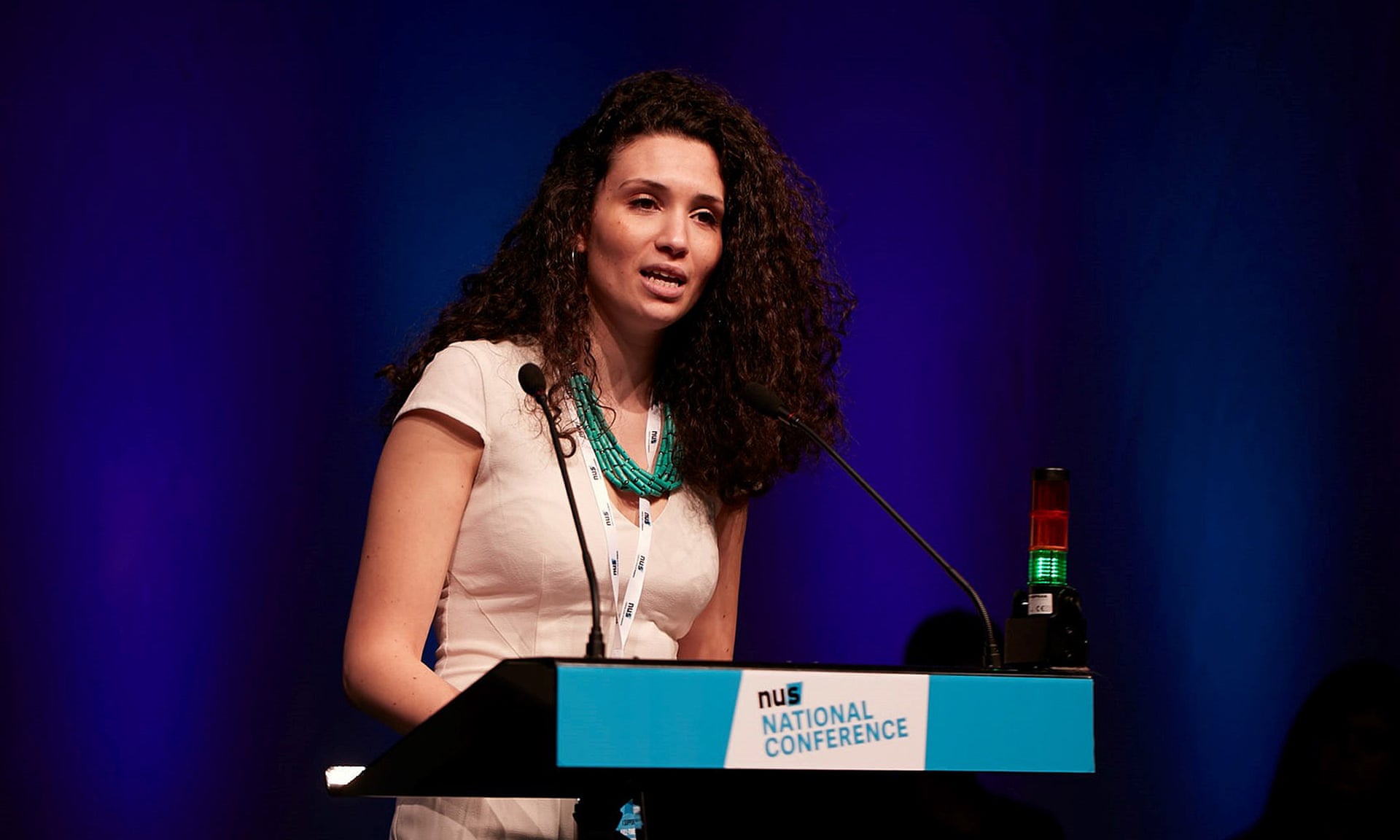That awful moment parents of interracial children will probably facePosted in Articles, Family/Parenting, Media Archive, United States on 2016-04-27 17:25Z by Steven |
That awful moment parents of interracial children will probably face
The Washington Post
2016-04-26
“Is that your son?” the man suddenly asked, without any preamble, and with an aggressive edge to his tone.
I was sitting in the dining area of a local Whole Foods after finishing the weekly shopping with my 3-year-old son, Zephyr. We were both eating and laughing about something silly, simply enjoying a Saturday morning together.
The unexpected question was from a 30-something African American man who had been giving me odd, furtive glances since we sat down. I figured that he thought he recognized me and was trying to jog his memory. I was certain we hadn’t met, so I was bracing myself for one of those semi-awkward, “No, sorry, I’m not who you think I am” conversations.
“Yes, this is my son,” I answered, a little warily.
“Hmph,” he snorted. “I didn’t think so.”
Now my defenses were fully up. “Why not?” I shot back.
He scrunched up his face, like he had just taken a bite of something distasteful. “There’s just something off about you two,” he said.
Frankly, I wanted to knock him senseless, but I restrained myself. Who says that to a complete stranger? How could he not see — for any number of reasons — that Zephyr and I were related? In my mind, there was only one reason why he would draw that conclusion.
“Is it because we don’t have the same skin color?” I challenged.
You see, I’m white and my Ghanaian wife is black, so our mixed-race son is golden brown…
Read the entire article here.


